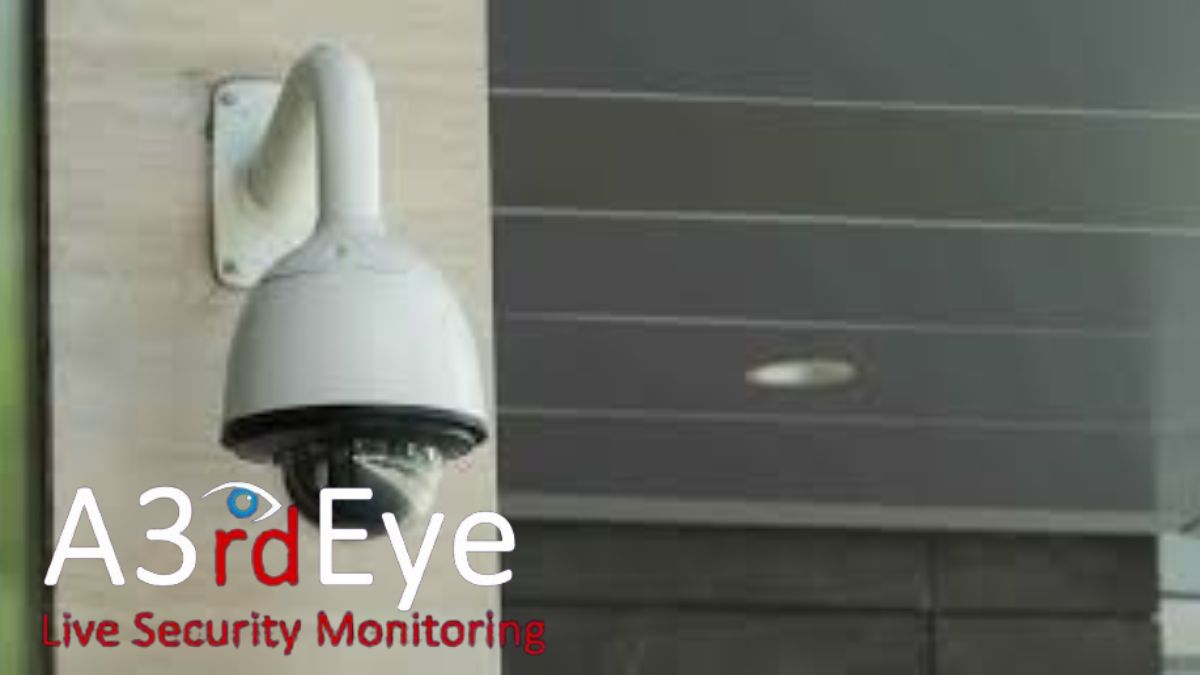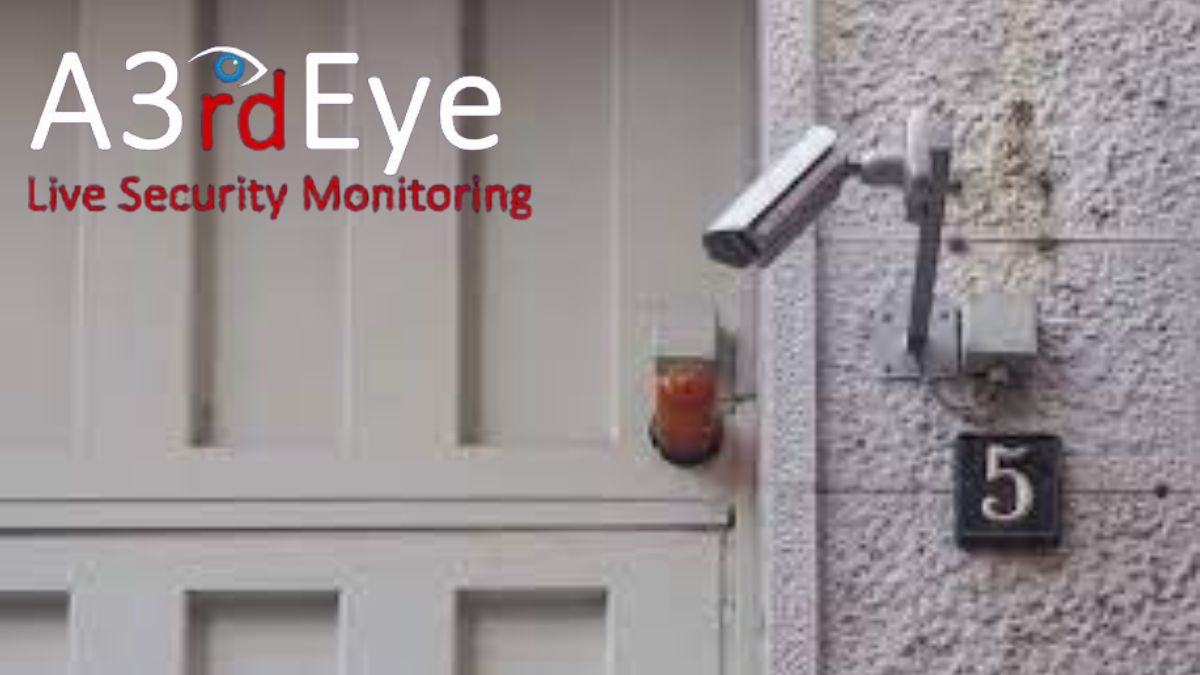
Can Tenants Install Security Cameras
Can Tenants Install Security Cameras rising popularity can be attributed to their effectiveness in reducing crime and boosting public safety. However, there are significant concerns and potential conflicts when it comes to the installation of security cameras in rental houses. Let’s take a look at the positives for tenants and the negatives for landlords when it comes to adding security cameras.
Advantages to Tenants who Put in Surveillance Cameras
Tenants can reap a number of benefits from having security cameras installed in their rental property. In the first place, it improves safety by allowing renters to keep an eye on their surroundings and discourage any would-be thieves or trespassers. In the event of a criminal act, security cameras can record evidence that can be used to apprehend the culprit. In addition, tenants may rest easy knowing their property is being cared for even when they can’t be there physically.
View from the Landlord
Landlords have legitimate worries and concerns about renters installing surveillance cameras. Landlords are liable for making their properties habitable, but they must also protect the personal space of their renters. The monitoring of shared areas may cause tensions among tenants and cause landlords to worry about installation damage. Landlords and renters must have open lines of communication and come to an agreement to solve these issues.
The View from the Apartment
On the other hand, tenants have the legal right to take precautions for their safety. They can feel safer and be prepared for any eventuality by setting up surveillance cameras. Tenants should be aware of the work involved in the installation and any potential consequences for the property. Maintaining open lines of communication with the landlord is crucial for ensuring mutual understanding and swift resolution of any issues.
Taking the Law into Account
Different jurisdictions and lease agreements have different rules on whether or not renters can install surveillance cameras. The installation and use of surveillance cameras may be subject to restrictions in some jurisdictions. Landlords and tenants alike should study up on these regulations and act accordingly. Expert legal counsel should be sought out when traversing this terrain.
Data Protection Fears
Tenants have legitimate privacy concerns about the prevalence of security cameras in rental buildings. Tenants are expected to respect the personal space of their other inhabitants and refrain from prying into their bedrooms or restrooms. It’s important to set clear boundaries and let neighbors know about the surveillance cameras. Landlords can help resolve tenants’ privacy concerns and keep the peace by establishing ground rules.
Varieties of Surveillance Cameras
Security cameras come in a wide range of configurations, from wired to wireless to indoor to outdoor. When deciding which security cameras to install, tenants should take the landlord’s rules and restrictions into account as well as their own demands. When deciding on the best security cameras for rental properties, it’s important to think about things like video quality, storage options, and mobile accessibility.
Method of Setup
Security cameras should be installed with care to prevent unnecessary harm to the building. Tenants must check with their landlord for approval before beginning any kind of installation. If you want to avoid structural or electrical problems, a professional installation or strict adherence to manufacturer instructions is your best bet. The installation process could be more transparent and easier to resolve disagreements if it were recorded.
Taking Care of, and Keeping an Eye on, Security Cameras
Security cameras installed by tenants should be the tenants’ responsibility to maintain and monitor. Maintaining optimal performance requires routine checks, cleaning, and battery replacement (if necessary). Tenants are expected to use the cameras appropriately and not for illegal reasons or to invade the privacy of others.
Open dialogue and honesty are essential.
It is important for landlords and tenants to keep an open line of communication during the installation and upkeep of security cameras. Tenants should notify landlords of their monitoring plans, go over which areas will be surveyed, and resolve any landlord concerns. Landlord-tenant relationships can benefit from open communication about the use of surveillance cameras, including camera locations, recording procedures, and who has access to footage.
Dispute Resolution
It’s best to stay level-headed and reasonable if a disagreement arises over the placement or use of surveillance cameras. It’s important for both sides to be willing to hear the other out and work together to resolve any issues that come up. If talking things out doesn’t work, you can always try mediation or bring in lawyers to help sort things out.
Risk Management and Insurance
The extent to which security cameras in rental properties are covered by insurance is likely to depend on the details of the policy in question. If a tenant has any questions about whether or not a security camera-related incident would be covered by their renter’s insurance, they should read over their policy. Landlords should check with their insurance company to address any worries about liability and make sure they have enough coverage.
Leaving and Taking the Cameras Down
Tenants are responsible for taking down any surveillance equipment they set up before moving out. After installation or removal, the property shall be returned to its pre-existing condition, and any damage should be fixed. It is essential to have open lines of contact with the landlord about the removal schedule and any necessary repairs.
Substitutes for Surveillance Cameras
Tenants have options besides installing security cameras, which can be an efficient way to increase safety. Some of these measures include alarms on doors and windows, stronger locks, and the use of smart home security systems. Tenants can better tailor their security measures to their needs by researching their options and speaking with professionals in the field.
Conclusion
Landlords and tenants should talk about the pros and downsides of each party installing security cameras in the rental property. Both parties can establish common ground and cooperate toward creating a safe and secure living environment if they have a thorough awareness of the advantages, legal elements, privacy concerns, and obligations related with security cameras.
When it comes to installing security cameras, do tenants need permission from the landlord to do so?
Before installing surveillance equipment, tenants should always check with their landlord for approval. To avoid disagreements and guarantee adherence to lease agreements and local legislation, open communication and mutual agreement are crucial.
Can a landlord forbid tenants from installing surveillance cameras?
In some places, tenants are prohibited by law from installing security cameras. Tenants are responsible for understanding and adhering to all applicable local rules and regulations.
What recourse do renters have if their landlords refuse to allow them to set up security cameras?
Tenants can talk to their landlord about their concerns if they are denied permission to install security cameras. Disputes may require the assistance of a lawyer or a mediator.
Can residents use their own security cameras to keep tabs on the shared areas?
Tenants’ concerns about personal privacy may be exacerbated by the use of security cameras in common areas. Tenants should be aware of the privacy rights of others and refrain from monitoring locations that infringe on those rights. Having established rules and open lines of communication with the landlord and other renters might help alleviate some of these issues.
who handles security camera repairs and upkeep in rented properties?
In most cases, renters are accountable for any and all security camera upkeep and repairs. Tenants are responsible for ensuring the property’s functionality through routine inspections, cleaning, and battery replacement (if necessary). It may be the landlord’s responsibility to make repairs if the damage is the result of a poor installation or something else that has nothing to do with tenant negligence.

Can Tenants Install Security Cameras

